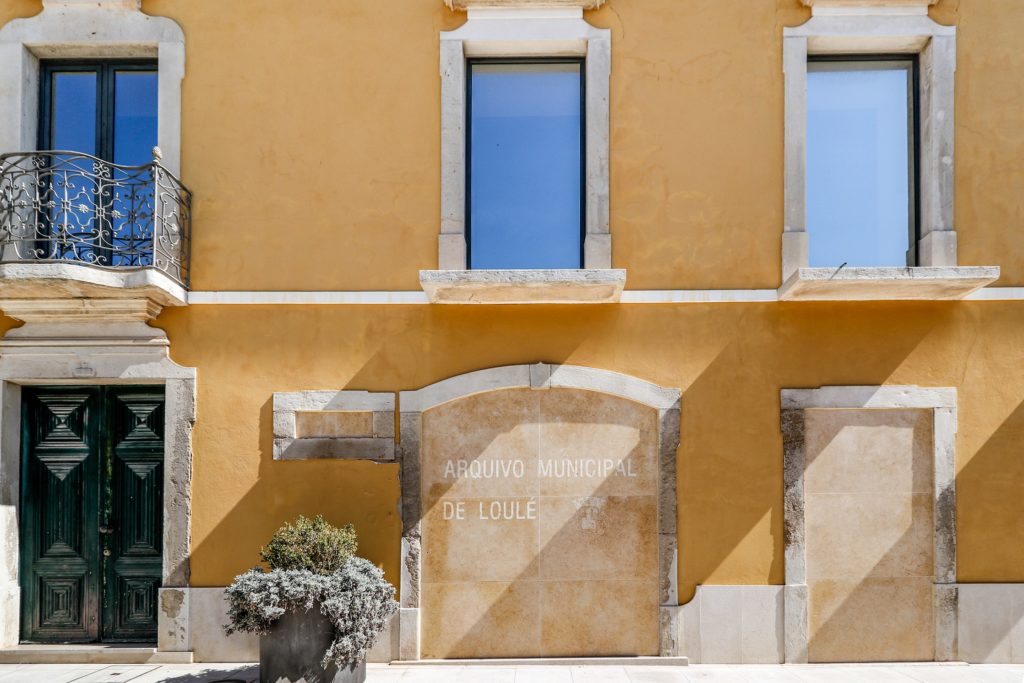Loulé's finances in the Middle Ages. This will be the theme of a conference on October 16, at 15 pm, at the Professor Joaquim Romero Magalhães Municipal Archive.
Gonçalo Silva will present the theme “Discovering a medieval town from its finances: the potential of Loulé's income and expense books” (1375-1517).
In the XNUMXth and XNUMXth centuries, in Portugal, the official body of councils that governed urban centers included a procurator, who was responsible for representing the council in court proceedings and before other powers, such as the Crown.
The prosecutor was also responsible for the county's accounting management, the collection of municipal revenues and the financial execution of the council's decisions. In this sense, the man who held the position had to keep an updated record of all financial movements, which had to be verified by the council at the end of his term and scrutinized by the magistrate.
Currently, there are few council income and expense books that are preserved, such as those in Loulé. The preserved records were drawn up between 1375 and 1517, but present data relating to earlier periods. Thus, this communication intends to reflect on the limitations and potential of this documentation for the study of Loulé and the Algarve.
Gonçalo Silva has been a researcher at the Institute of Medieval Studies, Faculty of Social and Human Sciences, Universidade Nova de Lisboa, since 2009, where he is a co-investigator, responsible for the project “Thinking big about small border towns: Alto Alentejo and Alta Extremadura Leonesa ( 2010th – 2021th centuries”, financed by the FCT. He graduated in History (XNUMX) and obtained his Masters in History – Medieval History Specialization Area, Doctorate in History – Medieval History Specialization Area and European Doctorate (XNUMX), at FCSH -UNL.
His doctoral thesis focused on the towns and port cities of the Algarve between 1249 and 1521. His areas of interest are medieval history, maritime history, urban history and religious history, as well as digital humanities and science communication. Currently integrates several national and international projects.
This initiative is subject to prior registration through the email [email protected] given the limited number of participants



















Comments